
There is much that could be said about Richard Linklater’s 2014 epic Boyhood. It is epic in scope because it effectively captures an entire childhood, and thus becomes the quintessential coming of age story in the 21st century. As someone who “came of age” as this movie was being filmed, I found it was very nostalgic and an accurate portrayal of white, middle-class American boyhood in the past decade. I will admit that my experience of growing up, with joy, drama and pain aplenty, was pretty removed from what the main character Mason (Ellar Coltrane) experienced, but I saw a lot of Mason’s story in many kids growing up around me. The complex familial relations, the searches for satisfaction and meaning are nothing new under the sun, but instead are retold in what is, for my generation, an extremely relevant way.

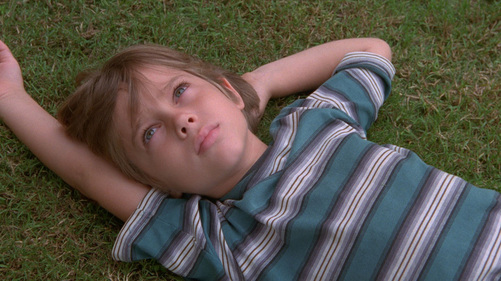
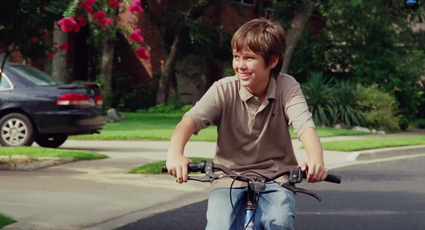
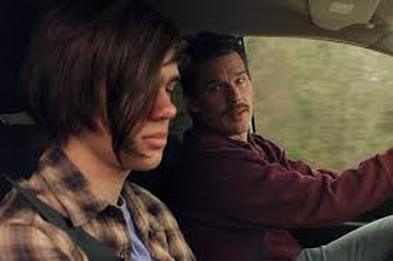
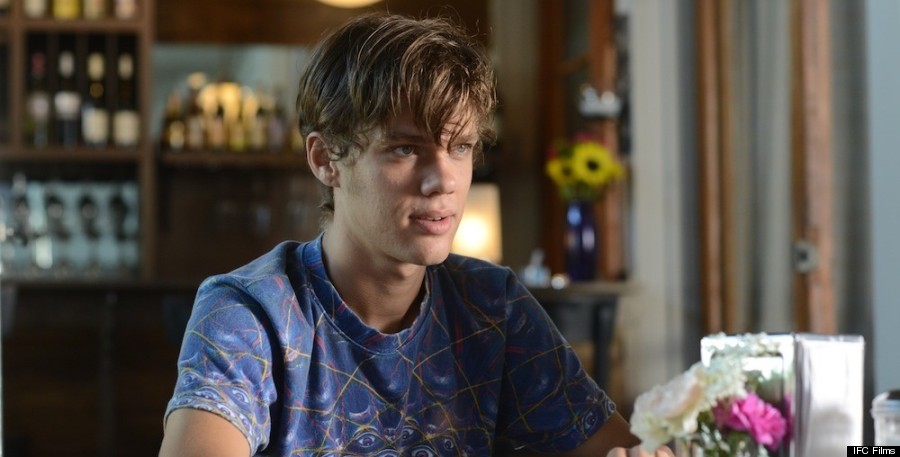
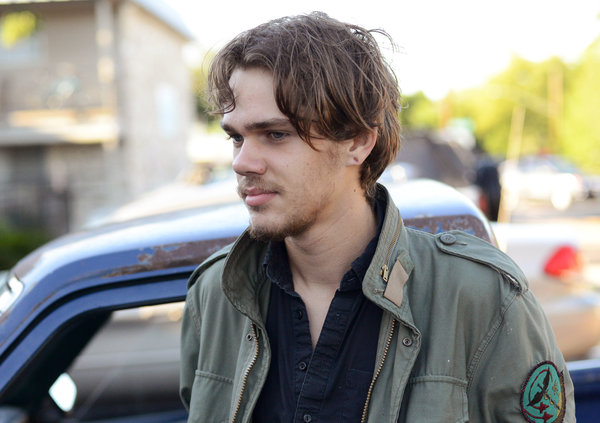
 RSS Feed
RSS Feed
